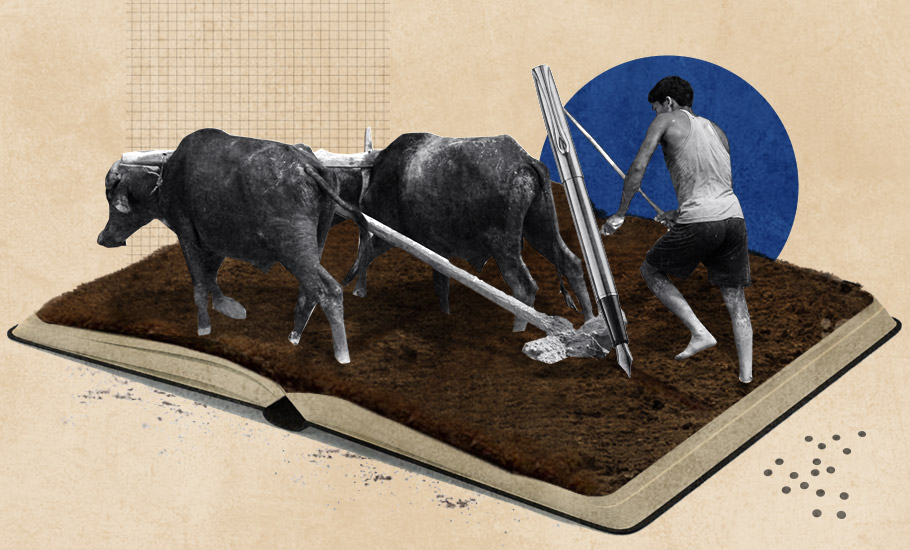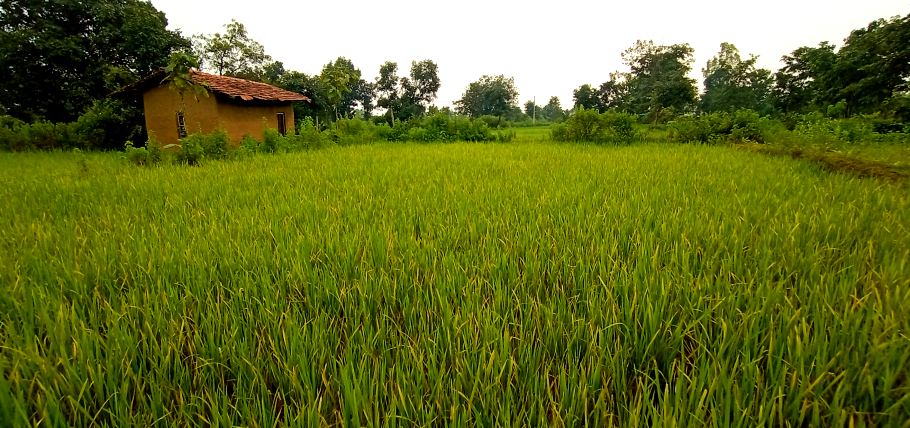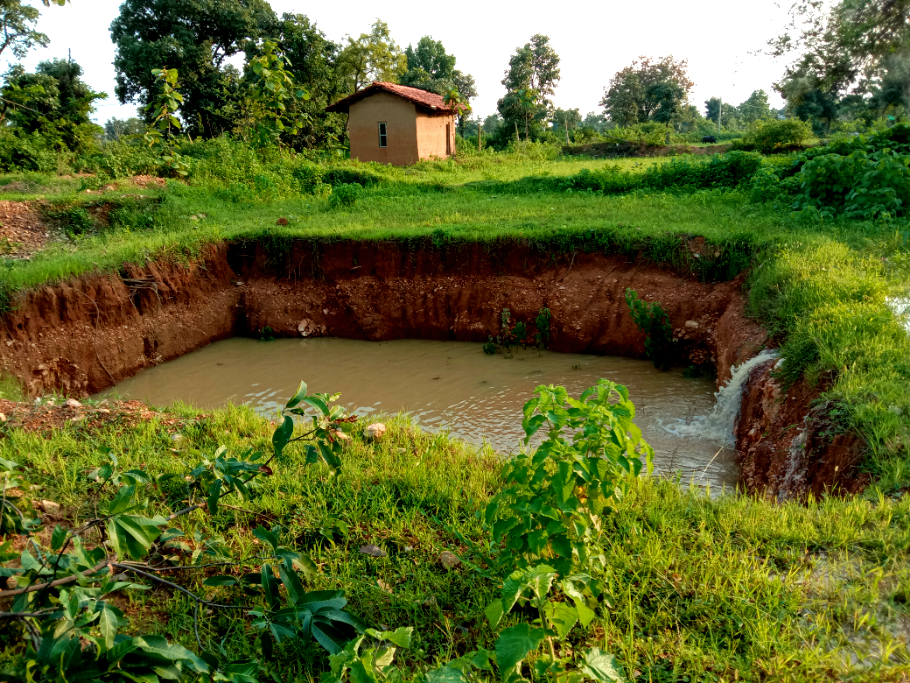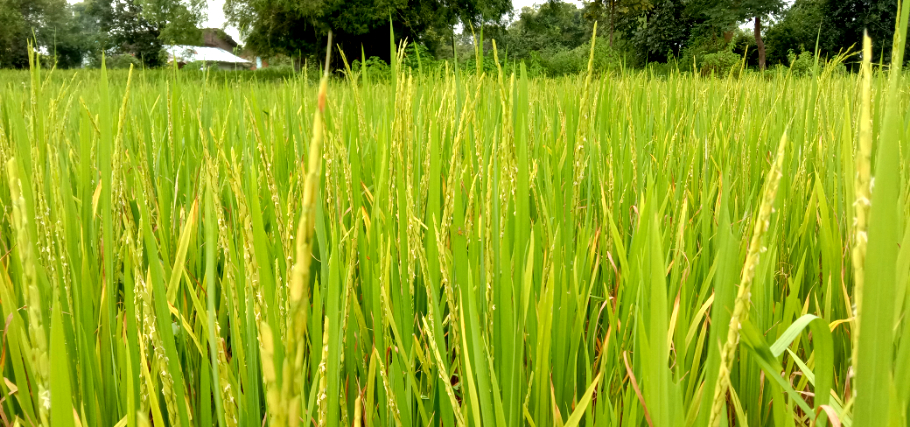
- Home
- India
- World
- Premium
- THE FEDERAL SPECIAL
- Analysis
- States
- Perspective
- Videos
- Sports
- Education
- Entertainment
- Elections
- Features
- Health
- Business
- Series
- In memoriam: Sheikh Mujibur Rahman
- Bishnoi's Men
- NEET TANGLE
- Economy Series
- Earth Day
- Kashmir’s Frozen Turbulence
- India@75
- The legend of Ramjanmabhoomi
- Liberalisation@30
- How to tame a dragon
- Celebrating biodiversity
- Farm Matters
- 50 days of solitude
- Bringing Migrants Home
- Budget 2020
- Jharkhand Votes
- The Federal Investigates
- The Federal Impact
- Vanishing Sand
- Gandhi @ 150
- Andhra Today
- Field report
- Operation Gulmarg
- Pandemic @1 Mn in India
- The Federal Year-End
- The Zero Year
- Science
- Brand studio
- Newsletter
- Elections 2024
- Events
- Home
- IndiaIndia
- World
- Analysis
- StatesStates
- PerspectivePerspective
- VideosVideos
- Sports
- Education
- Entertainment
- ElectionsElections
- Features
- Health
- BusinessBusiness
- Premium
- Loading...
Premium - Events

I am a farmer. And I have something to say. Would you care to listen?
If the government really cares about us farmers, then it should first give them food security or assure minimum support price (MSP) doesn't go.

I am a small farmer – small in terms of my landholding – but with a big heart. I produce paddy every year in the kharif season (monsoon crop) and sell the whole produce at a rate decided by the government known as Minimum Support Price (MSP) so that it ends up on your table either as rice or poha. I don’t arm-twist you into accepting my price, but meekly follow what has been...
I am a small farmer – small in terms of my landholding – but with a big heart. I produce paddy every year in the kharif season (monsoon crop) and sell the whole produce at a rate decided by the government known as Minimum Support Price (MSP) so that it ends up on your table either as rice or poha.
I don’t arm-twist you into accepting my price, but meekly follow what has been pre-ordained for me. Half of what I “earn” is spent on growing the crop along with my sweat and unflinching determination. No, I don’t keep any of it for my own self; the market forces do not encourage me to do so.
Ironically, I buy polished, ‘tasty’ rice from the grocery shop even though it costs me much more than what it would have had I consumed my own rice. But my family cannot compromise on taste. I am sorry. So the bottom line is that I am also a consumer like you despite being a producer myself. It is like a local halwai (confectioner) going to Haldiram’s to buy sweets for his own home.
The MSP conundrum
Anyway, Minimum Support Price aka MSP – as the majority of TV-watching, internet-surfing Indian households have come to know of late – is the assured price the government pays for my produce every kharif season.
Since I am “educated” and I lived with “evolved urbanites” in cities all my life, I believe in organic farming. My neighbouring farmers do not have any such intellectual and moral burden to carry, so they do chemical farming and also use natural inputs (cow dung manure for soil and herbal concoctions to repel insects and pests) as and when required.
Our challenges are consistent and constant for more than five decades: high production cost, low yield, poor market price.
The ultimate objective of every farmer (everyone grows paddy) in my village is to get as much production as possible – by hook or by crook. I am a pariah in the crowd because I am not after high yield, but am just content with getting what I can, using natural means. I can afford to do so because I am not financially dependent on the farm, unlike my fellow small farmers.

Honestly, it has not worked for me so far. In the last three years, I have been struggling to figure out how to use my land. This year looks better with good and consistent rains (my land is rainfed without irrigation) and I am hoping to get 10-15 quintals of paddy yield.
My enthusiastic neighbour feels I can hope for more IF light rains continue for a few more days; IF it does not rain heavily and cause flooding; IF the sun does not shine too bright to attract insects and IF pests/diseases/insects do not develop an extreme liking for my crop.
A new IF has been added to the list, courtesy the government of India which has brought in the Farmers (Empowerment and Protection) Agreement of Price Assurance and Farm Services Act. Accordingly, lakhs of farmers like me find a Damocles Sword hanging over their heads, fearing what will happen if the MSP cover is actually taken away.
Today, I am assured an MSP of ₹1,868 per quintal of paddy, which essentially means I will get my money (more or less) without worrying if the market needs it or not.
This works for me, but the government, as per the new law, wants me to sell my produce in the open market and fetch a higher price. I disagree. After all, I am a farmer, a producer, and not a seller by training, just like a teacher, whose job is to teach to the best of her ability, and not bother if the student grasps it or not.
The government, in all its wisdom, thinks its decision will liberate me from the bondage of middlemen and open up the system to competitive selling and buying.
It may be true for cash crops, but as a paddy grower, I don’t see either traders or corporate buyers lining up outside my farm to buy my produce. Why should they? After all, the country is self-sufficient in cereals like rice and wheat and we do not allow export of non-basmati rice. In fact, a closer look at government food godowns will reveal that we have excess of it. Then why on earth would anyone promise to pay me a price higher than the prevailing government rate?
And mind you, each and every farmer in my village grows paddy. So without MSP, they are all left at the mercy of traders who will arm-twist them into selling their crop for a price they deem fit, or worse, they won’t buy at all!

On my farm
I grow the IR 1010 hybrid variety of paddy on one acre of land, a chunk of which is left out for rain water harvesting. The 1010 seed is what people here call halka dhan (low variety) or mota dhan (thick seed).
The nomenclature apart, what it essentially means is that I grow a variety which, at best, is consumed by middle-class Indian households as poha or by the urban poor under the PDS scheme, which means it does not command a higher price, no matter what I do.
Can I change?
So why not grow a higher quality rice, you may ask. Of course, I should, but I couldn’t. My crop gets ready for harvest in 90-110 days while a higher breed will take anything between 130-160 days.
Monsoon in India is officially active from June to September (approximately 120 days) with most precipitation in July and August.
Paddy is a water-intensive crop. Unless it rains really good, the crop in a rain-fed field like mine is sure to die. So if I grow a popular and tasty variety like Chinnor, which needs 160+ days to mature, I will have to arrange for water to feed the crop for at least a month and a half after the rains withdraw. I cannot because I do not have an irrigation facility.
Besides, Chinnor is a bhari dhan (premium class, non-basmati rice), which means it is liked as much by pests and insects as humans. So to stop the insect attack, I will need to arrange for heavy doses of pesticides and insecticides, which is against my principles.
My neighbouring farmers also go for the low-breed seed varieties because they do not want to spend a lot of money (higher crop variety demands More urea + More DAP + More weedicide + More pesticides) on growing paddy which will anyway be bought by the government at a fixed price.
As for their household consumption, we all follow the same principle: “Why toil hard for something which is easily available in the market. Just buy it!”
Crop diversity
One good thing about the new farm laws is that it will make farmers diversify their cropping pattern. So, one may expect that not every farmer will grow paddy in my village. We may go for turmeric, arhar, soyabean etc. which will give us a better bargain in the open market, not controlled by the government.

But it is easier said than done. The soil here is of a poor grade, which does not have the ability to support a large variety of crops. Besides, it does not retain moisture, quintessential for higher yield in any crop.
The soil quality, however, can be improved with appropriate guidance and intervention from the scientific community and government agencies. However, for that to happen we need time and consistent efforts from the government side. Till then MSP is the anchor of our sinking ship.
Does MSP have an alternative?
If the government really cares about us farmers, then it should first give us food security. We should be encouraged to grow a mix of vegetables, cereals, pulses and millets, irrespective of how big or small the land holding is.
Farmers should be able to grow everything their family needs to survive and work hard on the field. Only the surplus food would go to the market. Then our sons won’t quit farming and rush to cities to take up menial jobs.
Ironically, a majority of farmers in Punjab and Haryana only grow wheat and rice; those in Vidarbha region of Maharashtra only grow cotton and in my own state, Madhya Pradesh, there are pockets where farmers either grow only rice, or wheat or soybean. He is forced to buy most of his food from the market; at times he does not even have money to buy it. Unable to bear hunger and humiliation, he commits suicide.
O masters, first liberate us from the cycle of consumerism and market-driven economy. Then we won’t ask for any crutches (read MSP).
And, if that is not possible for you, then let Minimum Support Price stay forever as a legal guarantee. Do not let us to the wolves, for they will tear us apart and then there will be nothing left of us to do and more so, nothing left of you to complain or crib about.
(The writer is a journalist-turned-farmer-teacher)
